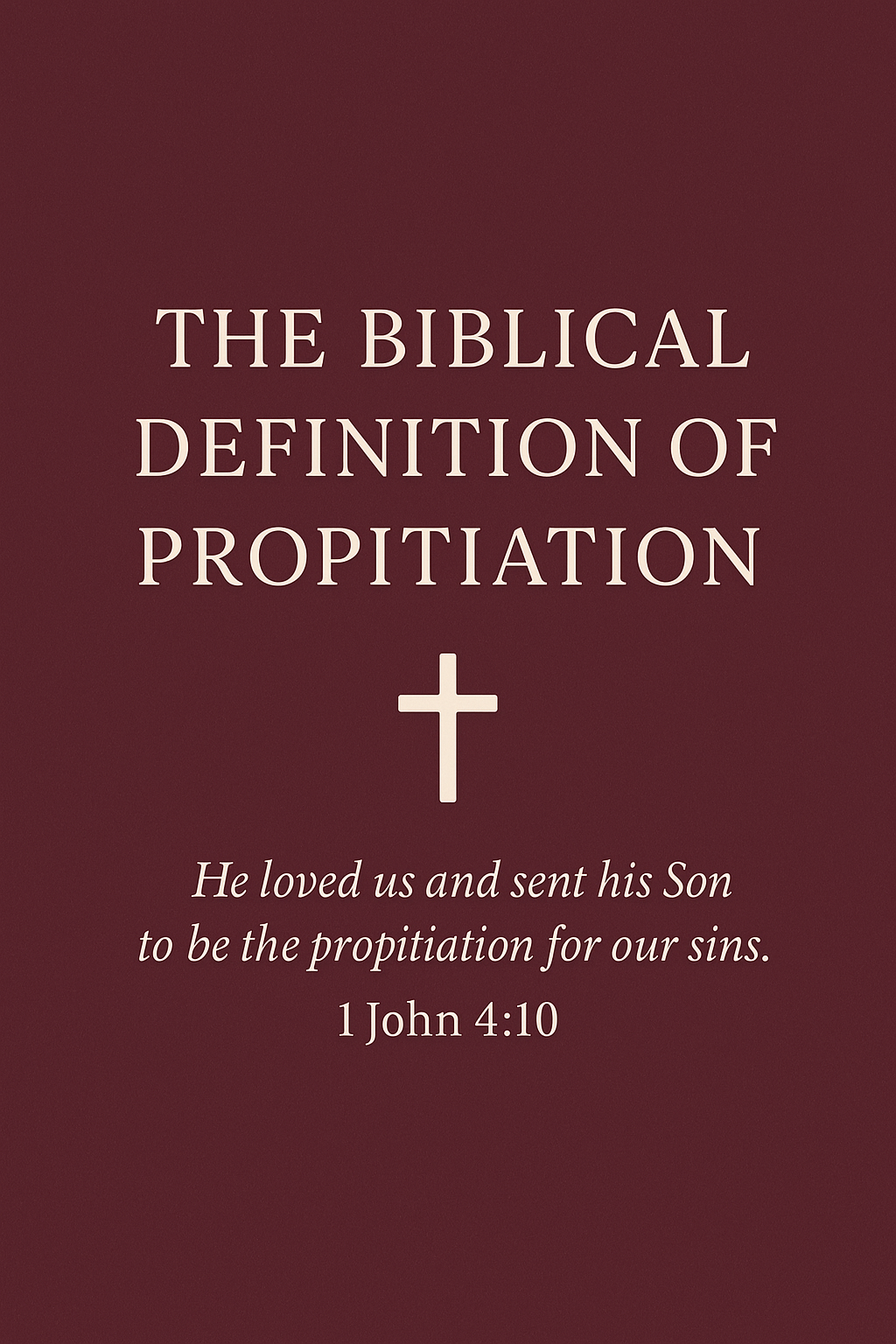The Biblical Definition of Mercy: Meaning, Roots, and Application
Mercy is a central theme throughout Scripture, and understanding the biblical definition of mercy reveals how it reflects God’s character and His compassionate relationship with humanity. But what does the Bible actually mean by “mercy”? How is it different from grace or compassion? And what does it look like for Christians to live mercifully today? This in-depth exploration will answer these questions, drawing on the original languages, biblical examples, and practical applications for believers.
What Is Mercy? The Core Biblical Definition
Mercy, in the biblical sense, is God’s undeserved kindness and compassion toward those in need or distress, especially when punishment is deserved145. The Bible often describes God as “rich in mercy” (Ephesians 2:4), highlighting that mercy is not just an action but a defining attribute of God’s nature15.
Old Testament (Hebrew):
The Hebrew word most commonly translated as “mercy” is racham (רחם), which shares its root with the word for “womb” (rechem)3. This powerful connection paints a picture of God’s mercy as the same kind of protective, nurturing love that a mother has for her child in the womb. Another key Hebrew word is chesed, often rendered as “lovingkindness,” “steadfast love,” or “covenant loyalty”5.New Testament (Greek):
The Greek word eleos (ἔλεος) conveys the idea of compassion, pity, or kindness, especially towards those who are suffering or in need5.
In summary:
“Mercy describes a divine attribute of God’s nature—He is ‘rich in mercy’ (Ephesians 2:4), and His ‘mercy is great’ (2 Samuel 24:14). Mercy is revealed in the actions God takes to relieve suffering and demonstrate His faithfulness and steadfast love.”1
Mercy in God’s Character
From Genesis to Revelation, mercy is a defining trait of God. When God reveals Himself to Moses, He emphasizes His mercy:
“The LORD passed in front of Moses, calling out, ‘Yahweh! The LORD! The God of compassion and mercy! I am slow to anger and filled with unfailing love and faithfulness. I lavish unfailing love to a thousand generations. I forgive iniquity, rebellion, and sin. But I do not excuse the guilty.’” (Exodus 34:6–7, NLT)15
God’s mercy is not earned; it is freely given out of His lovingkindness, even when people are unworthy or faithless (see Deuteronomy 30:1–6; Isaiah 14:1; Romans 9:15–16, 23; Ephesians 2:4–9)16.
Mercy and Grace: What’s the Difference?
Mercy and grace are closely related but distinct:
Mercy: Withholds the punishment we deserve.
Grace: Gives us the good we do not deserve.
Both flow from God’s love, but mercy is specifically about compassion shown to those in distress or guilt147.
Mercy in the Old Testament
The Old Testament is filled with examples and declarations of God’s mercy:
Covenant Mercy: God’s mercy is often linked to His covenant with Israel, promising protection, provision, and forgiveness (Psalm 23:6; Exodus 33:19; Jeremiah 42:12)56.
Forgiveness: Mercy is closely tied to forgiveness—God repeatedly forgives His people out of His steadfast love (Psalm 25:6; 40:11; 51:1; 103:4)6.
Enduring Mercy: The Psalms celebrate God’s enduring mercy:
“His mercy endures forever.” (Psalm 136, repeated refrain)5
Micah 6:8 summarizes what God requires of His people:
“He has shown you, O mortal, what is good. And what does the LORD require of you? To act justly and to love mercy and to walk humbly with your God.”5
Mercy in the Life and Teaching of Jesus
Jesus is the ultimate expression of God’s mercy. His ministry was marked by compassion for the suffering, the outcast, and the sinner178:
Healing and Compassion:
Jesus healed the sick, comforted the grieving, and fed the hungry out of mercy (Matthew 9:36; 14:14; 20:34; Mark 6:34; Luke 7:13)17.Forgiveness:
Jesus forgave sinners and called others to do the same (Matthew 18:21–35; Luke 7:48).The Cross:
Christ’s sacrifice is the supreme act of mercy, offering forgiveness and eternal life to all who believe (Ephesians 2:4–5; Hebrews 2:17)1.
“Mercy motivated Christ to give ‘himself up for us as a fragrant offering and sacrifice to God’ (Ephesians 5:2)... so that through Him we might be forgiven of our sins and granted the gift of eternal life.”1
Mercy in the Christian Life
Believers are called to imitate God’s mercy in their relationships with others:
Be Merciful:
“Be merciful, just as your Father is merciful.” (Luke 6:36)1Blessed Are the Merciful:
“Blessed are the merciful, for they will be shown mercy.” (Matthew 5:7)1Practical Mercy:
Mercy is not only about forgiveness but also about practical acts of compassion—helping those in need, showing kindness, and bearing with others’ weaknesses (Colossians 3:12; James 2:12–13; 1 Peter 3:9)17.
Mercy in Everyday Life:
Mercy might look like forgiving someone who has wronged you, helping a neighbor in distress, or simply showing patience and kindness when you have the power to do otherwise7.
Biblical Examples of Mercy
David and Saul:
David spares King Saul’s life, showing mercy when he could have taken revenge (1 Samuel 24).The Good Samaritan:
Jesus’ parable highlights mercy as practical compassion for those in need, regardless of social boundaries (Luke 10:25–37).The Prodigal Son:
The father’s welcome of his wayward son is a moving picture of God’s mercy (Luke 15:11–32).
Mercy in Salvation
The New Testament makes clear that salvation itself is an act of mercy:
“But when the kindness and love of God our Savior appeared, he saved us, not because of righteous things we had done, but because of his mercy. He saved us through the washing of rebirth and renewal by the Holy Spirit...” (Titus 3:4–7)1
God’s mercy is the foundation of forgiveness, new life, and hope for eternity.
Living Out Mercy: A Call to Action
Scripture calls Christians not just to receive mercy but to “love mercy” (Micah 6:8) and to extend it to others:
Forgive those who wrong you.
Help those in distress or need.
Show patience and compassion in daily interactions.
Reflect God’s mercy in your attitudes and actions.
Key Bible Verses on Mercy
Exodus 34:6–7
Psalm 23:6; 25:6; 136:1
Micah 6:8
Matthew 5:7; 9:36; 18:33–35
Luke 6:36; 10:37; 15:20
Ephesians 2:4–5
Titus 3:4–7
Hebrews 2:17
James 2:12–13
Conclusion
The biblical definition of mercy is God’s compassionate, undeserved kindness that withholds punishment, forgives sin, and acts to relieve suffering. Rooted in God’s very nature, mercy is both a gift to be received and a calling to be lived out. As recipients of God’s mercy, Christians are empowered and commanded to show mercy to others, reflecting the heart of their heavenly Father.




















